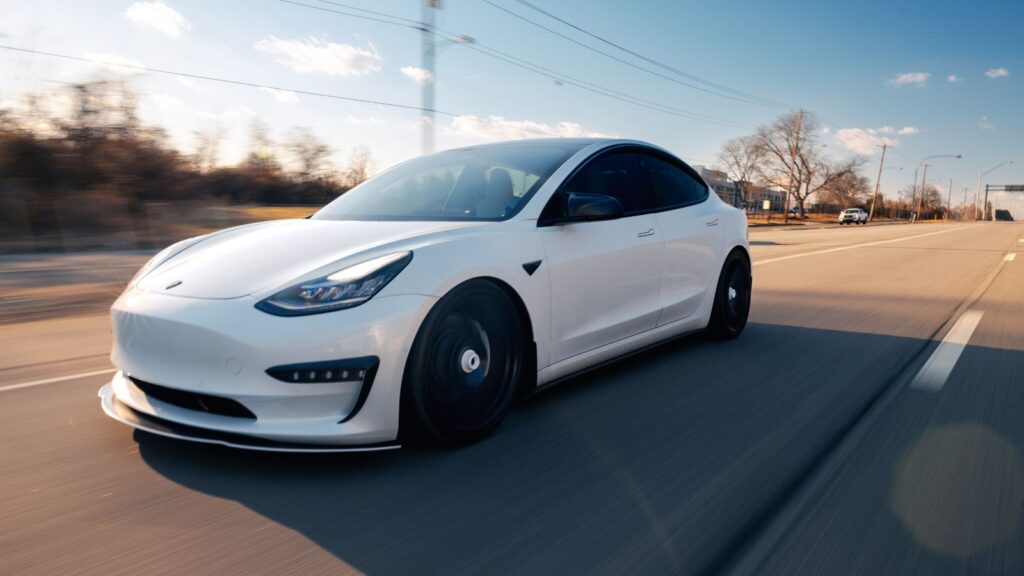
As the automotive industry undergoes a paradigm shift towards sustainability, electric vehicles (EVs) have emerged as a frontrunner in the race towards a greener future. With the rising popularity of EVs, it’s essential for owners to understand how insurance plays a crucial role in protecting their investment. In this blog post, we’ll explore the unique aspects of insurance for electric vehicles and shed light on key considerations for EV owners.
Understanding the Unique Risks of Electric Vehicles
Electric vehicles come with their own set of risks and considerations that differ from traditional gasoline-powered cars. Battery technology, for instance, is a defining feature of EVs and represents a significant portion of the vehicle’s value. Consequently, any damage to the battery can result in higher repair or replacement costs, making it imperative to choose an insurance policy that adequately covers these components.
Specialized Coverage for Battery-related Issues
Unlike traditional vehicles, the battery in an electric vehicle is a complex and expensive component. Many insurance providers offer specialized coverage options for battery-related issues, such as damage, degradation, or malfunction. It’s essential for EV owners to carefully review their insurance policies to ensure comprehensive coverage for potential battery-related expenses.
Range Anxiety and Roadside Assistance
Range anxiety, the fear of running out of battery power before reaching a charging station, is a common concern among EV owners. Insurance policies for electric vehicles may include provisions for roadside assistance that specifically address issues related to running out of charge. Understanding the terms and conditions of this coverage can provide peace of mind for EV drivers, especially during longer journeys.
Charging Station Liabilities
Electric vehicle charging stations are becoming more prevalent, but using them does introduce certain risks. Insurance policies for EVs should account for potential liabilities arising from accidents or damages that may occur while charging. EV owners should confirm that their insurance coverage extends to include these specific scenarios.
Monitoring Technology and Telematics
Many insurance providers are incorporating telematics and monitoring technology to assess driving behavior and adjust insurance premiums accordingly. For EV owners, this technology can be a boon as it may incentivize eco-friendly driving habits and responsible vehicle use. Understanding how these monitoring systems work and how they may impact insurance rates is crucial for staying informed and potentially saving on premiums.
Research and Compare Policies
As the electric vehicle market continues to evolve, so does the landscape of insurance options. It’s advisable for EV owners to research and compare policies from different providers to find the one that best aligns with their needs. Factors such as coverage for specialized components, roadside assistance, and charging station liabilities should be carefully evaluated.
To conclude…
Owning an electric vehicle is a bold step towards a sustainable and eco-friendly future, but it also comes with unique considerations for auto insurance coverage. As the EV market grows, insurance providers are adapting to meet the specific needs of electric vehicle owners. By staying informed, comparing policies, and understanding the intricacies of coverage, EV owners can navigate the road ahead with confidence and peace of mind. Drive on, knowing that your journey is safeguarded every mile of the way.





